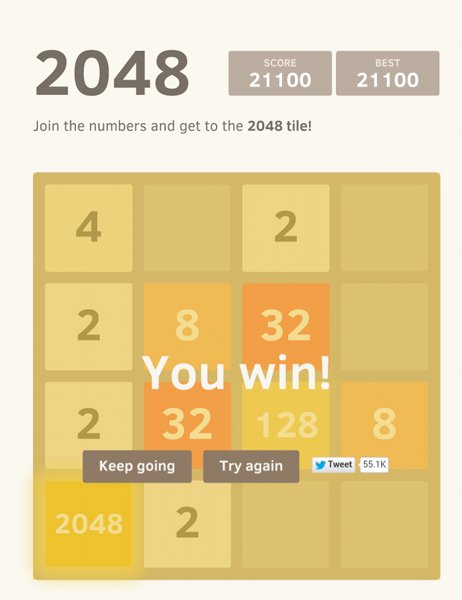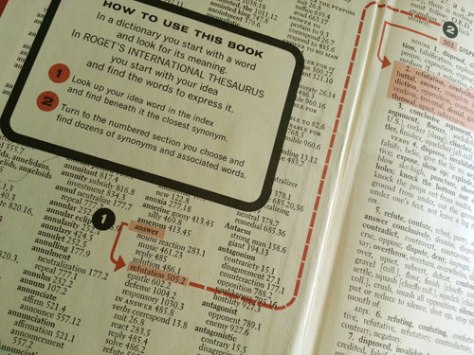I don’t know how to title this. I don’t know what verb to put in that gaping blank space. I don’t even know if body is the right word.
Maybe brain is more correct, though my brain keeps reassuring me that it knows exactly what it’s doing. It points fingers at my uncooperative mouth and unruly hands, blaming the execution when I’m quite sure something must be going wrong further up the line, in the commands or perhaps the translation from thought to action.
And yet . . .
It’s clearly physical, too. Physiological? I watch my hand go astray as it writes letters that I’ve know how to form–that I’ve been writing without conscious thought–for forty years. Even as my brain is putting on the brakes and mentally shouting at my fingers that an “S” doesn’t look like that, my hand carries merrily on, barely finishing an extra loop or a backward curve before I bite my lip and, with a level of concentration more commonly seen in first graders, trace over the letter until it looks right.
Less obviously physical, but just as confounding, when the word in my head doesn’t match what my fingers type or my mouth blurts out, it feels like an accident of the body. A localized failure to follow orders.
And yet . . .
The brain directs the body, is part of the body. So let’s say body. It’s all a little less scary that way anyhow.
That still leaves the verb. The action. What is this dance that I’m doing with my uncooperative body these days?
All I know for certain is that I need an -ing form, denoting an event in progress.
Taming an Uncooperative Body?
I wish. Taming implies making something easier to control. What’s happening has its own timing and progression. The best I can do is to try to keep up with the changes as they make themselves known, one by one, steadily more strange.
Wiling an Uncooperative Body?
I should know by now the outcome of “just try harder” in these situations, but I still fall for it. Occasionally sheer will works. I’m pretty good at forcing myself through unpleasant tasks when necessary. But with writing? Having a conversation? Mostly I end up cranky, with an achey head and a strong desire for a nap.
Ignoring an Uncooperative Body?
Ignoring worked for a while. When the oddities and slip-ups and errors were an occasional thing, I could pretend they didn’t bother me, that I was being a silly perfectionist. They were annoying, yes, but still easy enough to ignore. We’re past that point now, and have been for a while.
Accommodating an Uncooperative Body?
I tried–and continue to try, though with less enthusiasm–to find accommodations that work. I’ll talk instead of writing, I assured myself. I’ll use text-to-speech to check for errors. I’ll switch to handwriting, slow down my typing, outline, make notes, scaffold, revise as much as it takes. Give up Facebook groups and commenting and reading a zillion blogs and articles, reduce my communication load and stop volunteering for projects. I’ll have silence day and learn sign language and only write on “good” days and settle for a word that’s close enough when I can’t find the one I really want.
Each one worked for a while, until it didn’t anymore. A series of Maginot lines and my brain invaded Belgium every time.
Fighting an Uncooperative Body?
At times, I do, out of stubbornness, a refusal to give in, pride. I’m angry a lot these days. At what, I don’t know. Myself? Why? It makes no sense to be angry at myself for something I’m not purposely doing. Maybe at life, circumstances, the way irony is only truly ironic when it’s happening to someone else.
Maybe I’m more frustrated than angry. Maybe the exact descriptor of the emotion is irrelevant. Instead, if I say that the headbanging urge arises too easily and too often, does that convey what I’m feeling? If you’re autistic, I suspect it does. I guess that’s where the fighting comes in. Because I have to still that urge, patiently walk myself back from it, seek another outlet for that feeling. That takes energy, effort, sometimes just plain blunt force. I’m thankful for a lifetime of practice.
Mourning an Uncooperative Body?
Probably too strong and certainly too final a word, but there’s an intense sadness and feeling of loss that walks beside the anger. My ability to express myself in writing has always been one of the things I thought no one could take away from me. I assumed it was a constant.
My skill with words wasn’t just a strength, it was (is? I don’t know anymore) part of my identity. Writing is an integral part of who I am–one of my oldest and dearest special interests, one of the things that defines me. And I’m sad and scared and angry that it’s possibly dying or, at the very least, deserting me for a while.
Where do you escape to when you’re trying to escape the very thing that has always been your most comforting safe space?
Questioning an Uncooperative Body?
Who is this person I’m becoming? There’s an incongruity that’s developing in the gaps of who I am and who I think I am (was? have been?), between the aspects that continue to be strong and the areas that I’m struggling with in ways I have no contingency plan for.
When I’m not writing or talking or listening, I feel as whole and competent and as much myself as ever. I go out to run in the morning and the ideas flow just as they always have and I think “yes, today is the day.” Then I sit down at the computer, stupidly optimistic, eager to write what’s running around in my head and quickly begin to wonder what kind of tricks my brain is playing on me, what made me believe that today–unlike yesterday or the day before–that today would be the day that I could get from thoughts to words so easily.
Disguising an Uncooperative Body?
Increasingly there is the need to disguise my confusion. How often can I ask The Scientist to repeat himself until his frustration surpasses mine? How often can I reasonably tell him that I need silence because listening to speech, trying to link one sentence to another, holding the fragile tenuous meaning of his words in my head until I can respond requires more effort that I can manage in the moment?
How odd does it look to others when my response to the repetition of a question is “sorry, I didn’t realize that was a question” followed by a request to repeat it one more time? How much easier it is to nod and smile and make affirmative noises and hope I’m getting it right.
Of course, The Scientist is on to me and has started repeating himself when his question is met with confused silence or a tentative guess at an answer.
Living In an Uncooperative Body?
My first instinct was “living with” but there is no “with” here. I can no more live with my body than I can be a person with autism. I am my body, uncooperative or otherwise. Increasingly, I find myself gravitating toward activities that don’t require language. I read less, write less, talk less, watch TV less, run more, walk the dog, workout, listen to music, cook, take long bike rides, swim, play games, tend my container gardens, watch The Scientist fish.
Accepting an Uncooperative Body?
I don’t have much choice on this one. The more frequent and pervasive my language problems become, the more I’m being forced to accept that this is the status quo, at least for now, at least until I know otherwise.
There is also the fact that while I’ve lost a fair amount of my communication ability, I’m still able to communicate many things verbally and in writing. My expressive and receptive language has become literal and concrete and often requires more effort than I’d like, but it’s still functional in ways that matter a lot to me. I should be thankful for that. But the sense of loss is still strong at this point and I’m having trouble getting to a “glass half full” way of looking at things.
*
And so I’ve run out of verbs. I suppose, secretly, I’d hoped that finding the right verb would mean finding a solution, but I can’t write my way to answer on this one.
Not all posts are about answers, though. Some are simply here to say if you found anything in these words that you relate to or you’ve been in this place or you’re in a place like this right now–you’re not alone. And neither am I.















